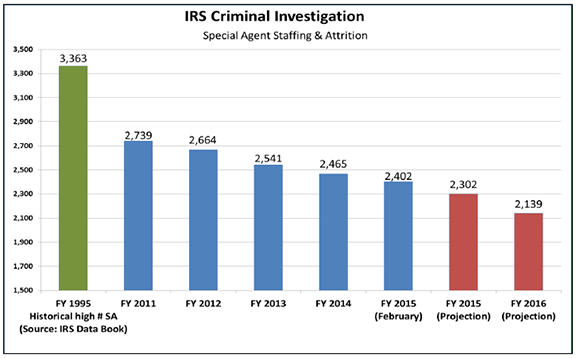3 Ways to Convert Scheduling Practices to New Fees

Practice these disciplines every day.
By Martin Bissett
Winning Your First Client
You may be thinking right now, “Well, very good, Martin, but we have finite time. We’re very, very busy people and we need to get business in the door, and therefore creation of opportunity becomes the issue.”

MORE ON SELLING: Selling vs. Attracting to Build Relationships | When Selling, Don’t Chase New Fees, Attract Them | Selling Accounting Services Doesn’t Have to Be Hard! | ‘Selling’ Isn’t a Dirty Word | 8 Factors in Practice Development Success | In Sales, Perception Is Reality | Success Begins With Accountability | Do You Realize You’re Failing? | Winning Your First Client




 After a bad year for many practitioners, watch for the consolidation and shakeout to come.
After a bad year for many practitioners, watch for the consolidation and shakeout to come.